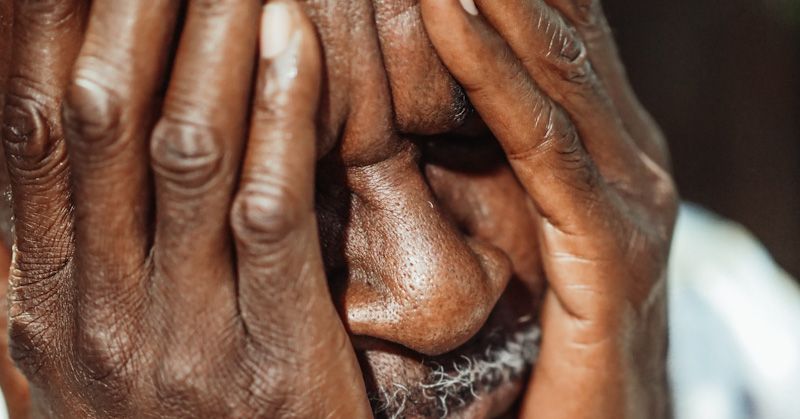How to help an older person with chronic pain


What is chronic pain and how can you treat it?
According to a recent study on behalf of the NHS, over 62% of people aged 75 or over are living with long-term chronic pain. The study also stated that over half of adults between 50 and 74 also suffer from chronic pain.
What is chronic pain?
The term chronic pain specifically refers to a situation where the pain has been ongoing for a period of three months or more, or when pain continues beyond a point at which the injury or condition should have healed. Chronic pain can also occur when the brain receives pain signals from the nerves when no injury, problem or inflammation is present or evident.
Anybody who has lived with chronic pain will know how challenging it can be, and the extent to which it can affect day-to-day life. For example, people living with chronic pain are more likely to experience the following:
- tiredness and fatigue
- insomnia and disrupted sleep patterns
- anxiety and depression
- guilt
Tiredness and Fatigue
Constant pain and reliance on medication can put a real strain on an individual. Not being able to escape for even a short time from the daily grind can really wear people down, particularly if the person suffering from chronic pain is still expected to carry out normal daily activities, such as going to work, whilst dealing with the pain.
Insomnia and disrupted sleep
Not sleeping properly can be a real problem, even if you are fit and healthy in all other respects, but when it is added on to chronic pain it can be debilitating. Sleep enables our bodies to function properly and provides the energy for the next day. Lack of sleep affects all aspects of your life: your work, ability to concentrate, your relationships, memory and even your ability to recover from what caused the pain in the first place. It can also make any depression, anxiety, or other mental health problems worse.
Chronic pain makes falling asleep difficult, as it is hard to get comfortable, and of course, the pain can keep you awake. Even side effects from your medication can make sleep a bigger challenge.
Depression and Anxiety
If your chronic pain is impacting your family time, socialisation, or work, it can lead to a low mood. This can in turn result in more serious issues such as depression and anxiety.
Understandable worries, including job security, family life, and the ability to pay the bills can become all-consuming, as well as worrying about the chronic pain itself.
Guilt
Guilt may not immediately spring to mind when discussing the things people have to deal with as a consequence of chronic pain. Yet is as common a side effect as insomnia and depression.
Chronic pain could stop you from joining in activities that most people take for granted like family time, socializing, working and exercising. You might feel angry that you are letting your family down and missing out on important elements of family life.
So what can we do about it?
Firstly, make sure you fully engage with your healthcare professionals and seek professional help. Below are some suggestions of non-medical ways to help with chronic pain, however, this is not a substitution for medical intervention. If you are already receiving support from a professional, keep working with them. If you are in pain or have an undiagnosed medical condition, please seek medical help.
Balanced diet – A major contributor to chronic pain is inflammation, and certain foods can make this better or worse. Try to eat more fruit and vegetables, such as tomatoes and leafy greens. Other helpful foods to incorporate into your diet include oily fish such as salmon, mackerel, tuna and sardines, along with nuts and olive oil.
You should at the same time avoid or cut down on highly processed foods, refined carbs such as white bread, high sugar content food, processed meats, and sugary drinks.
Stay active – If we want to be healthy or limit the impact of any health condition then staying active is key. The type of exercise you can carry out may be limited by your chronic pain, so speak to a professional that will be able to advise and guide you on what is best for you. Low impact activities can be extremely effective: consider swimming, weight training, yoga or other gentle exercise classes.
Exercise might feel like the last thing you want to do whilst trying to cope with excessive pain, but it can be one of the best ways to naturally manage your symptoms. Exercise keeps muscles strong and keeps joints moving, which in turn will help reduce inflammation. As already stated, talk to your doctor before starting any new exercise programme.
Speak to a counsellor – sometimes just opening up about a problem can be a huge relief. Particularly when that person is not a friend or a family member, as they will be able to offer impartial, professional advice. Having counselling sessions can ensure that you stay mentally well whilst undergoing physical challenges.
CBT (Cognitive Behavioural Therapy) – many people will be unaware of CBT, let alone how effective it can be. Essentially it is a way of easing pain by learning techniques for redirecting what the mind focuses on when pain levels are high. A therapist can teach a variety of tools, including deep breathing techniques and meditation.
Stress Management – stress makes everything worse, including pain. Calming the mind, reducing worry and teaching the mind to focus on positive things can be really helpful. There are lots of different options to try, including mindfulness, meditation, yoga, breathing techniques, massage, listening to music, and many more.
Avoid known triggers – individual people will have different triggers that make their pain worse. After dealing with chronic pain for a long period of time, hopefully, a person will learn to recognise behaviours and actions that make their pain flare-up. This could include not taking rest during the day, walking too far or carrying heavy shopping bags, eating the wrong foods or forgetting to take medication at the right times. Learning to identify and therefore avoid these triggering factors can have a significant impact on pain management.



